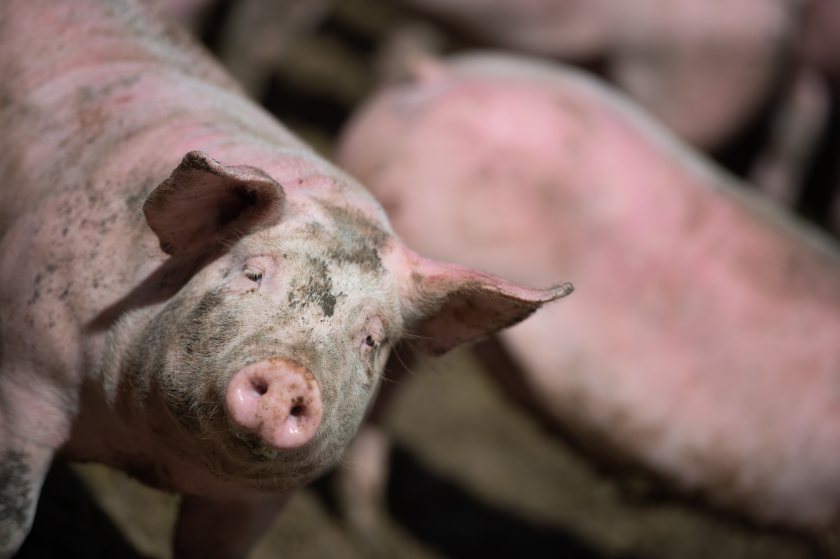
A recent African swine fever (ASF) simulation exercise highlighted the importance of on-farm record keeping to deal with any outbreak of the disease.
Thirty individuals from different industry organisations and government departments come together in London to discuss the consequences of a UK ASF outbreak.
It was structured around a hypothetical scenario in which the disease was suspected on an outdoor pig unit from which weaners and cull sows had been moved the week before.
Defra and the Animal and Plant Health Agency (APHA) aided the exercise by explaining the process of outbreak confirmation.
They also answered questions about what would happen both on farm and throughout the supply chain.
It comes as European countries saw a nine-year high in the total number of cases of ASF in pigs last year.
Fourteen countries recorded outbreaks in domestic pigs, making 2023 the worst year for domestic outbreaks since 2014.
Whilst ASF doesn’t affect humans, it is a highly contagious and fatal notifiable disease that is also present in parts of Asia and Africa.
The National Pig Association (NPA), which also took part in the London exercise, said the main piece of advice from the exercise centred on keeping records on-farm for government to be able to accurately assess the level of that risk.
Records for movements of not just live pigs, but deadstock and people, including staff, would be requested by APHA in the case of a suspected ASF case before the disease is even confirmed.
Therefore detailed, legible but preferably typed and up-to-date records are a must to ensure the process can move as quickly as possible, the NPA explained.
It added that Defra and APHA are experienced with using a detailed 'battleplan' of daily and weekly meetings, which allows them to share information with industry and vice versa.
NPA and AHDB will be a part of this plan and will be best placed to feed information between industry and government, the exercise heard.
It was suggested that large companies may want to nominate an individual who will act as the main point of contact for the NPA and AHDB in order to speed up this process.
While the scope of the exercise was focused primarily on pig movements, there were many questions on the requirements and restrictions on processing, the NPA said.
Much of the responsibility for this area lies with the FSA which will make decisions on a case-by-case basis.
